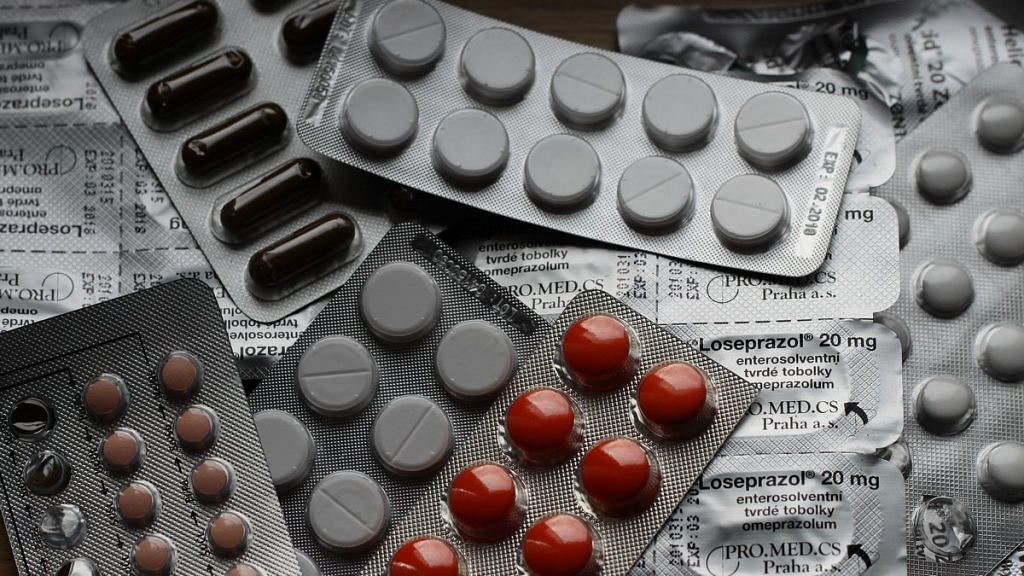New Delhi: The Narendra Modi government has decided to hasten the approvals for mega bulk drugs parks in the country to counter the China’s dominance in the sector.
Bulk drugs, also known as active pharmaceutical ingredients (API), are the raw materials for the manufacture of drugs. For example, paracetamol is the API for Crocin.
At present, Indian drug makers import around 70 per cent of their total bulk drugs requirement from China. The government had informed the Lok Sabha that the country’s drug makers imported bulk drugs and intermediates worth $2.4 billion from China in the 2018-19 fiscal.
To fight this dependence, the central government has now cleared four proposals to set up bulk drug parks, ThePrint has learnt. The Department of Pharmaceuticals (DoP), under the Ministry of Chemicals and Fertilisers, has given ‘in-principle approvals’ to the projects in Himachal Pradesh, Telangana, Andhra Pradesh and Assam.
“The final approval will be given as soon as they show us the required documentation and within two years of final approval, the projects should be operational,” a senior official from the ministry told ThePrint.
Also read: India stayed out of RCEP because it couldn’t risk another China-dominated ASEAN
More perks in new plan
This, however, isn’t the first time that the Modi government has promised to counter the Chinese in the sector. In 2016, the government launched a scheme to promote the domestic production of bulk drugs but the project is in limbo.
Under its new plan, the government is promising to also fund these projects by providing up to Rs 100 crore for each of the projects along with other facilities such as effluent treatment plants, power plants, incubation facilities, common logistic facilities and an advance common testing centre.
“We will give 70 per cent of the total cost of the project, or upto Rs 100 crore, whichever is less,” the official quoted above said. “Those whose proposals have been accepted will now have to show us the required permissions along with funding documents for the rest of the money.”
“We will also provide special purpose vehicles (SPVs) to build the necessary infrastructure and get the clearances for these parks, so that manufacturers can easily start their trade,” the official explained.
Also read: Pantop, Lanzol & other top-selling antacids must carry warning about ‘acute kidney injury’
Last project a non-starter
The efforts to counter the Chinese began in 2013 when the then Congress-led UPA government set up a high-level committee under Dr V.M. Katoch, former secretary, Department of Health Research.
The objective of the committee was to carefully study the whole issue of bulk drugs, their importance, and the Indian drug market’s dependence on China. The committee outlined a package of interventions and concessions required to reduce the dependence on China. Based on the report, the idea of setting up bulk drug parks was proposed.
Once the Modi government took over in 2014, it too flagged the issue. In 2014, National Security Advisor (NSA) Ajit Doval had warned that the increasing dependence on Chinese drug makers was a “national threat” and called on the government to act.
The prices of Chinese bulk drugs also began increasing putting further pressure on the input costs of Indian drug makers.
Amid increasing pressure from the industry and officials like Doval, the government had in 2016 announced the scheme for the creation of mega bulk drugs parks. Since then, however, the scheme has remained a non-starter.
Also read: NITI Aayog wants IITs to regulate medical devices, which are now covered by 1940s law
